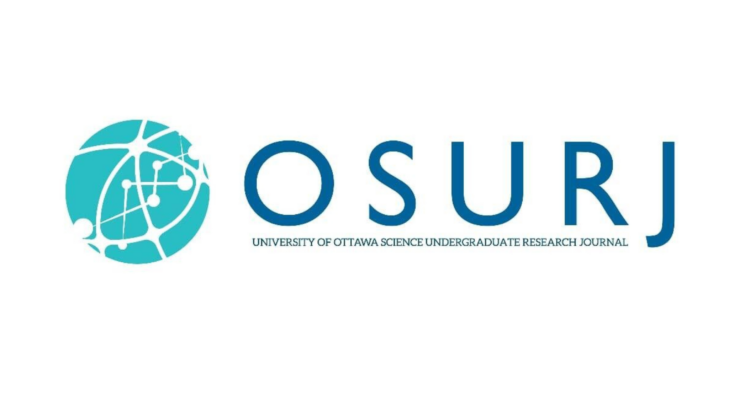Something must be done!
Food insecurity, caused by the precariousness of student living and the rise in food prices, has become a major issue on Canadian university campuses. Close to 40 per cent of Canadian post-secondary students are food insecure.
There is no reason to believe the University of Ottawa, where the student union’s food bank usage is up 258 per cent, is any different. Food insecurity can hurt academic success, cause serious mental and physical health issues, and have many long-term effects. Food prices, low wages, and abnormal schedules, all contribute to this issue, but the largest driver is institutional failure.
Failure at the federal, and provincial levels to address the crisis and deal with the greed of rising food prices, but also failure at the university level. Food insecurity on campus is a result of universities and their administrators’ failure to advocate for, protect, and care for the people who make their existence possible, students.
The university has abandoned students, so students are organizing and addressing the issue themselves, recently the Peoples Republic of Deliciousness has started up again, the Student Union is working to increase food bank coverage with a delivery service, and rallies around tuition increases last summer also spoke about food insecurity. But structural substantive change can only come from the university and until that happens, food insecurity on campus is the fault of the administration. The University of Ottawa Student Union Food Bank receives 178,000 a year from the Student Union, this money is part of the budget prepared at the start of the academic year, and for the most part, comes exclusively from students.
While it is amazing that we have a food bank run by students for students on campus, the fact that students alone finance it is insane. For reference, U of O president Jacque Fremont could donate less than half his annual salary to the food bank and double its budget. Instead of doing this, or supporting the food bank in some other way, the university has decided to reconfigure its food plan system to be more obtuse, less accessible, and more expensive in many ways.
Supporting the food bank, or programs to feed students on a regular and large scale, would mean less money for the dining hall and less money for the university. Perhaps this is why former community food sites like Deja Vu Kitchen, where clubs and others would prepare food for students, have allegedly been condemned for months due to rats and the University has made no effort to clean it.
The university actively worsens or lets the conditions of students degrade, worsening the food insecurity crisis. Why do they do it? Because they have convinced themselves that they are an organization meant solely to generate profit, and it’s not profitable for the university to take care of students.
It shouldn’t have to be profitable for the university to take care of students though, it should be their obligation and duty. We pay them money, we give them our time and our dedication, and we make this university what it is — without us, they have nothing but an empty concrete testament to their greed.
The university needs to prioritize students rather than sky-rocketing out-of-touch administrative staff salaries. They need to create budgets that address issues without raising tuition that is funnelled into the pockets of senior administrators. The University needs to advocate openly and publicly to the province for increased per-student funding (as Anglo-Quebec universities have done to their government). And they need to reach out and support the initiatives that are addressing their failures like the Multi-Faith Chaplaincy opening a food pantry.
I’ve experienced food insecurity, I know what it’s like to go to class hungry and the gnawing pain makes it hard to pay attention to anything else. Food insecurity can, and is, all-encompassing — it can feel humiliating and angering: like you’ve failed. I found that I didn’t know what to do, where to go to get help, or who to talk to, or that if I did use resources I would be ‘stealing’ from people actually in need. There was shame and guilt mixed in.
But it’s important to remember you haven’t failed, that the resources that exist are for you to use, and you should use them. That’s why this year I have been working with the Multi-Faith Chaplaincy on campus (Deja Vu 232B) to establish a food pantry for students to use no matter their situation.
The University has provided no material support. At the bottom of this document is a calendar featuring some resources on and around campus for students to use, but there are many others, and your student associations and clubs will often do events with food.
I encourage you to stop by the Multi-Faith Chaplaincy to grab some snacks, non-perishable food, or other necessities like laundry detergent strips. Until the university administration steps up to address food insecurity the U of O will continue to be a crisis, in the meantime we need to continue to push for change, organize, and continue to take care of each other.






